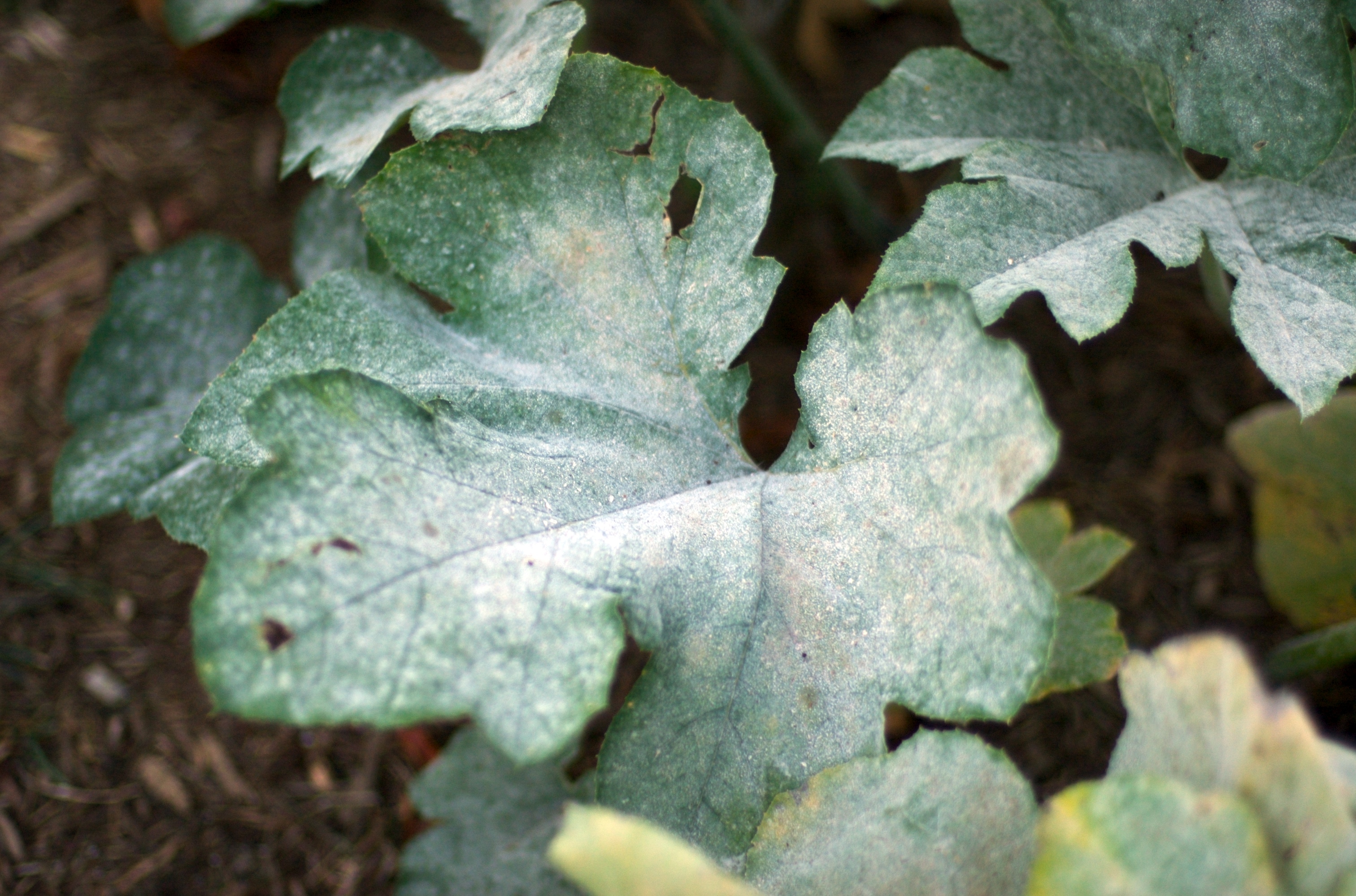Southwest Michigan vegetable update – July 15, 2020
This has been a fairly quiet week for diseases and insects.

Weather
Temperatures for the week at Southwest Michigan Research Extension Center ranged from 76 to 93 degrees Fahrenheit for highs and 54 to 71 F for lows. The 50 F degree-day units are at 1,383 for 2020 compared to 1,198 for 2019 and 1,371 for the five-year average. Rainfall for the week ranged from 0.8 to 3.0 inches. We have had eight days with temperatures above 90 F and we are expecting high temperatures again this weekend. Typically, we experience around 12 days of 90 F or above during the summer.
With high temperatures, growers can expect fruit set and possibly quality to go down. Bees are not as active in the field at high temperatures and many stay in the hive acting as fans to cool the hive. Flowers open and close quickly, so some flowers may go unpollinated or will be poorly pollinated leading to poor fruit shape. Tomato and peppers may also drop their flowers with high nighttime temperatures.
Field activity
The weather has been good for field activity but high temperatures have stressed many transplants. Final plantings are going in for many transplanted and direct seeded crops.
Crop reports
This has been a relatively quiet week as far as diseases and insects are concerned. However, weeds have had a good week since many preemergent herbicides have reached the end of their effectiveness. Sweet corn growers need to continue control for European corn borer and corn earworm will be here soon. Protection is advised on any plants that are silking, being sure to get the product on the silks where the earworm female lays eggs.

Harvest has begun on garlic, sweet corn and early cantaloupe. Watermelon harvest is about two weeks away. Banana pepper harvest will begin this week and some early bell peppers will be harvested next week.
Downy mildew continues to be an issue and growers need to protect vulnerable crops. We still do not have confirmed reports of the form that affects squash and pumpkins. Increased humidity levels are forecast for the next week, and this will increase powdery mildew pressure. This is especially a concern for pumpkin producers since many plantings now have developing fruit.
Powdery mildew control is necessary to maintain leaves that shade the fruit to keep it from being sunburned and to keep it off fruit stems so that pumpkins have a handles at harvest.




 Print
Print Email
Email




